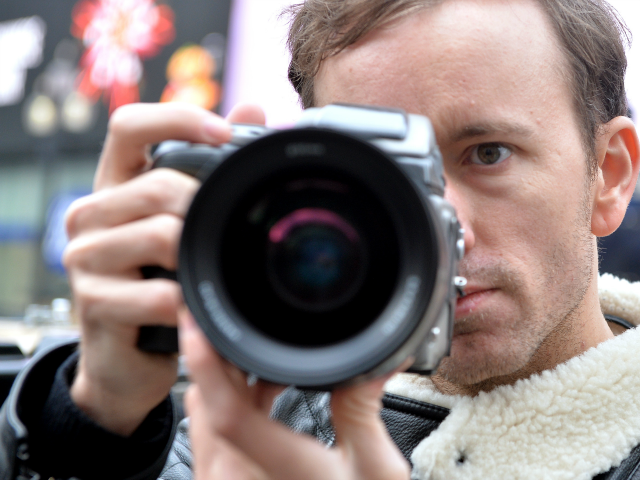An anonymous author on Rabble, a website which serves as a hub for far left activists, has urged fellow left wing activists to “learn from our friends across Europe, who are so much more adept at rebellion than we are,” and “smash [the] cameras” of journalists who are covering their protests.
Declaring cameras to be “tools of the surveillance state and dominant forms of control that our very presence on the streets seeks to dismantle”, the piece states that being “photographed against our will is a direct attack against our attempts of obfuscation and ought to be treated as such.”
The author – anonymous – implores people to smash cameras whether photographers are on the protesters’ side or not. While it describes “photographers [who] explicitly try to capture faces, try to catch you in the act” as “scum”. The article says photos taken by activists can be just as dangerous as “the reality is that people face jail time” as a result of photos uploaded to social media websites:
“Time and time again we see our friends being taken away because someone chose their five moments of fame, the titillation of seeing his photo of our ******* faces making it onto the pages of Vice, the Evening Standard, the Guardian”
Dismissing the right to take pictures in a public place as “so-called”, the author chides people taking photographs for “having the ability to participate in a moment of revolt” and that by “prioritising documentation” they are “not comrades in the present.”
The piece describes people taking photographs as “putting [activist’s] lives in danger” because pictures can incriminate protesters, “even before anything actually happens.”
“If something does happen, the police can use that photograph to construct a narrative and build identities. You could spotlight someone involved in something that hasn’t even happened yet, highlight that crucial piece of evidence the police will use to solidify their case against us.”
While this use of language makes it sound like the police fit up innocent people, the rest of the article makes clear that the other objection the writer has to cameras is that they “are contributing to a climate of inaction, of fear of action”, otherwise known as making people more reluctant to commit crimes:
“[Cameras] can lead to people who are ready to do something interesting feeling hesitant, after spending an hour with their every footstep, flag wave, and expression documented and disseminated by the multitudinous horde of camera clicking parasites.”
Writing that the piece is “not a critique of the camera as such”, the author states that “there’s a reason we call it riot porn” and that it’s important to share some photographs with allied movements abroad to “help light the fire of rebellion.” This presumably applies to the photographs they use on their website, such as one accompanying an article taking responsibility for, and pride in, a “Molotov attack” on Greece’s French Institute “in solidarity with Calais migrants.”
The writer sets guidelines for people who “want to participate in social struggle as a friend” and “have committed [himself] to the camera”. These range from basic instructions to blur distinctive items of clothing and scramble faces on photographs to ideological statements and requests such as “Your camera is a weapon. Friendly fire is not acceptable” and calling on would-be riot photographers to join their “struggles” and to “become a comrade and earn the trust of those around you.”
The article closes advising that next time readers “see someone thrusting their lens in someone’s face, getting a little too close and personal, blocking your path to assist your friends so they can get a winning angle… Fight back. Protect your friends. #smashcameras”

COMMENTS
Please let us know if you're having issues with commenting.